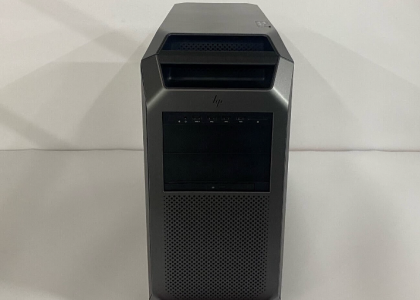HXL on X (Twitter) reports that MSI has officially released new UEFI firmware updates for its AM5 motherboards featuring “next-gen” CPU support. These updates reportedly support AMD’s upcoming Ryzen 9000 CPUs, which will come with the Zen 5 CPU architecture.
Asus was the first motherboard manufacturer to adopt AGESA 1.1.7.0, with MSI being the latest board maker to utilize the new firmware update. AGESA 1.1.7.0 reportedly supports AMD Granite Ridge CPUs and Fire Range, believed to be AMD’s next-generation Ryzen APUs based on Zen 5.
Zen 5 is AMD’s next-generation CPU architecture that will succeed Zen 4. Little is known about this new architecture, but we’ve seen leaks that Zen 5 allegedly offers a 15% increased IPC improvement over Zen 4. The most significant improvements will come from the core and cache designs, which will be more advanced and boast even larger cache capacities than what Zen 4 is capable of today. Inevitably, AMD will also use a much newer TSMC process node, improving efficiency and potentially boosting clock speeds beyond the Ryzen 7000.
HXL on X (Twitter) reports that MSI has officially released new UEFI firmware updates for its AM5 motherboards featuring “next-gen” CPU support. These updates reportedly support AMD’s upcoming Ryzen 9000 CPUs, which will come with the Zen 5 CPU architecture.
Asus was the first motherboard manufacturer to adopt AGESA 1.1.7.0, with MSI being the latest board maker to utilize the new firmware update. AGESA 1.1.7.0 reportedly supports AMD Granite Ridge CPUs and Fire Range, believed to be AMD’s next-generation Ryzen APUs based on Zen 5.
Zen 5 is AMD’s next-generation CPU architecture that will succeed Zen 4. Little is known about this new architecture, but we’ve seen leaks that Zen 5 allegedly offers a 15% increased IPC improvement over Zen 4. The most significant improvements will come from the core and cache designs, which will be more advanced and boast even larger cache capacities than what Zen 4 is capable of today. Inevitably, AMD will also use a much newer TSMC process node, improving efficiency and potentially boosting clock speeds beyond the Ryzen 7000.













